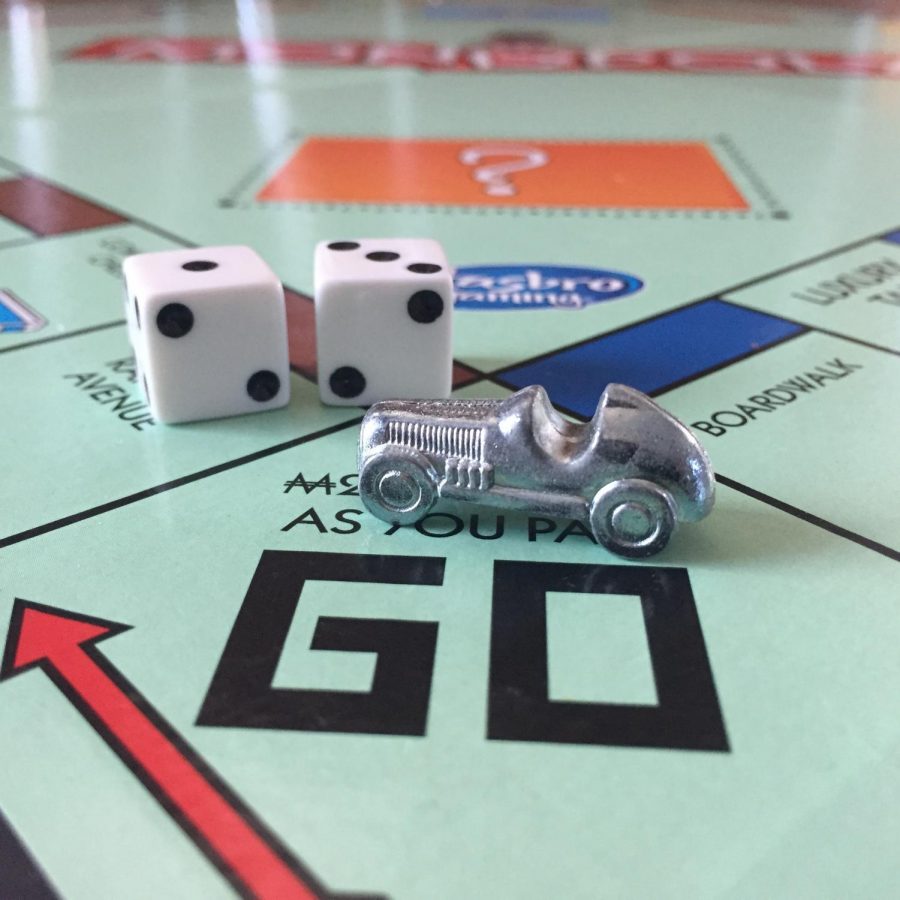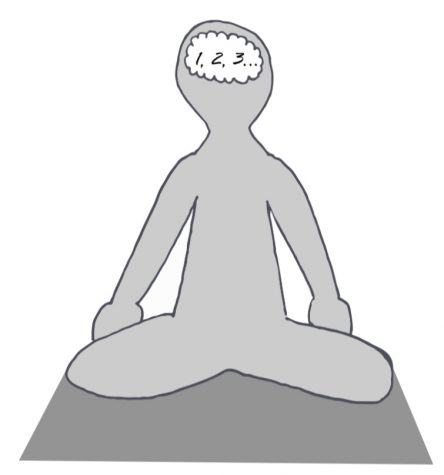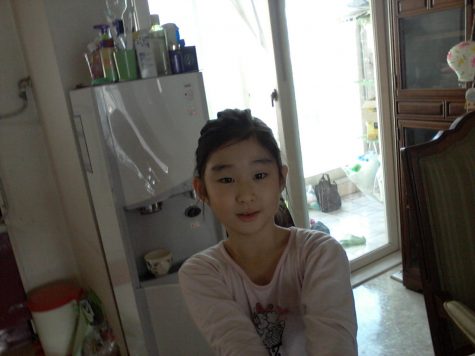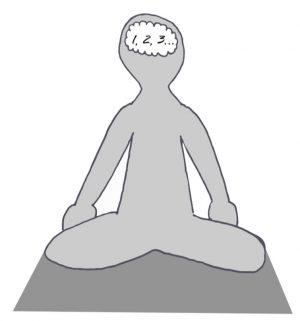A dangerous game
Ambitious students should be wary of being blinded by competition
While board games may bring out cutthroat competitive spirit, senior Madison Geering believes that, in real life, we must balance our will to succeed with empathy. Without this balance, we risk meaningful relationships with our peers.
I like to win. I’m not going to sugarcoat it. When my family breaks out the Monopoly board, my competitive spirit takes over. Suffice to say, I get way too invested. No pun intended. And most of the time, my competitiveness turns into self-sabotage.
Overconfidence and passion clouds my common sense. Family members, who are just trying to have a good time, become my enemies. I usually get put in my place when everyone inevitably decides to team up against me. While I may be disappointed, I get over it quickly.
After all, Monopoly is just a game.
However, in real life, overcompetitiveness is anything but harmless. Over the past four years, I have realized that fact the hard way. Among high-achieving high school students, most are looking to excel in academics, dominate in competitive activities and rack up extracurriculars as if they were extra credit points on a final exam.
We are constantly searching for another shiny gold star to put on our college applications. We’re desperately trying to prove ourselves in our academic microcosm.
But at what cost? How many times have you seen a peer, friend or family member push themselves to the limit to be the best? By submitting entirely to our overcompetitiveness, we risk becoming oblivious to what really matters in life.
While a competitive spirit is not totally negative, and it’s okay to strive for success, when that drive gets in the way of building positive relationships, competition becomes toxic.
I’ll be the first to admit that I have struggled with this concept.
When someone else is successful, we have two options: to be inspired or to be intimidated.
By submitting entirely to our overcompetitiveness, we risk becoming oblivious to what really matters in life. — Madison Geering
In the past, I would regrettably fall under the classification of being “intimidated.” When I witnessed my peers doing well, I would feel threatened instead of happy for them. My own drive to succeed got in the way of my empathy.
In my freshman year, I would go to a Speech & Debate tournament and, when I lost a round, grow resentful of the students that beat me, even if they won fair and square. That resentment was all around me; often, others too fell into the same pattern of demonizing those who did better.
Here’s the thing: I don’t think that this habit made me or anyone else a ‘bad person.’ I believe that when we feel threatened by others’ success, it is a direct byproduct of our own insecurity.
And I believe that we have the power to shift our mindset.
Consequently, I have worked hard to acknowledge and correct this perspective. Although I sometimes find myself slipping into old habits, I make it a priority not to let competition get in the way of my relationships with my peers.
However, I have seen others struggle to overcome their doubts.
Insecurity and a desire to be the best can easily turn into paranoia. It feels like everyone else is waiting for you to fall on your face. Sometimes they’re the ones who trip you. Sometimes, you end up trying to trip them.
In the process of trying to win, it becomes all too easy to lose a friend. When you view everyone as a constant competitor, even the ones who love you start to look like enemies.
High school can easily feel like a game in which, if played right, one can win the grades, college acceptance or life they want. But life is not a board game where the only objective is to outperform the other players. Life is about building meaningful relationships that you can trust.
When we realize that, we can start winning… in the ways that really matter.

I am a senior attending Bonita Vista High. Journalism interests me because I believe strongly in the power of words to impact people, and to shed light...
















Mary Jane Boone • Apr 14, 2021 at 11:53 am
I admire your outlook and your understanding of life.